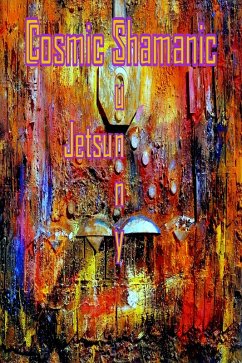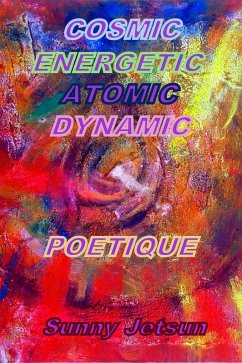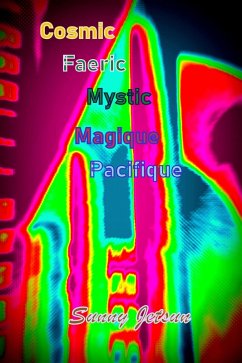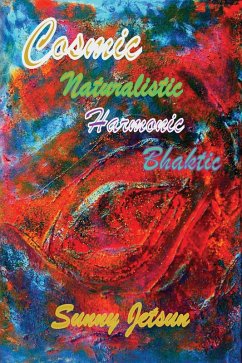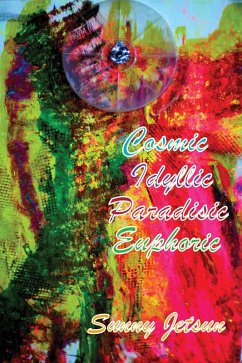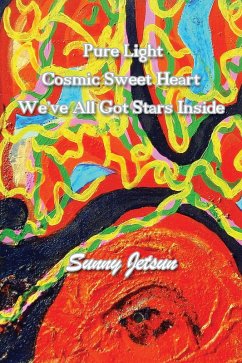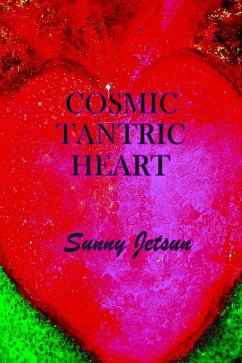
Cosmic Organic Orgasmic (eBook, ePUB)

PAYBACK Punkte
0 °P sammeln!
"It's a pity that we lay so much emphasis on being paid for our labours, it really isn't necessary and nobody knows it better than the artist. The reason why he has such a miserable time of it is because he elects to do his work gratuitously. He forgets, as you say, that he has to live but that's really a blessing. It's much better to be preoccupied with wonderful ideas than with the next meal, or the rent, or a pair of new shoes. Of course, when you get to the point where you must eat and you haven't anything to eat then to eat becomes an obsession. But the difference between an artist and th...
"It's a pity that we lay so much emphasis on being paid for our labours, it really isn't necessary and nobody knows it better than the artist. The reason why he has such a miserable time of it is because he elects to do his work gratuitously. He forgets, as you say, that he has to live but that's really a blessing. It's much better to be preoccupied with wonderful ideas than with the next meal, or the rent, or a pair of new shoes. Of course, when you get to the point where you must eat and you haven't anything to eat then to eat becomes an obsession. But the difference between an artist and the ordinary individual is that when the artist does get a meal he immediately falls back into his own limitless world, and while he's in that world he's a king, whereas your ordinary duffer is just a filling station with nothing in between but dust and smoke. And even supposing you're not an ordinary chap, but a wealthy individual, one who can indulge his tastes, his whims his appetites: do you suppose for one minute that a millionaire enjoys food or wine or women like a hungry artist does? To enjoy anything, you have to make yourself ready to receive it; it implies a certain control, discipline, chastity, I might even say. Above all, it implies desire and desire is something you have to nourish by right living. I envy the man who has the courage to be an artist, I envy him because I know that he's infinitely richer than any other kind of human being. He's richer because he spends himself, because he gives himself all the time and not just labour or money or gifts. You couldn't be an artist, in the first place, because you lack faith. You couldn't possibly have beautiful ideas because you kill them off in advance. You deny what it takes to make beauty, which is love, love of life itself, love of life for its own sake. You see the flaw, the worm, in everything. An artist, even when he detects a flaw, makes it into something flawless, if I may put it that way. He doesn't try to pretend that a worm is a flower or an angel, but he incorporates the worm into something bigger. He knows that the world is not full of worms, even if he sees a million or a billion of them. You see a tiny worm and you say "Look, see how rotten everything is!" You can't see beyond the worm. Well, excuse me, I didn't mean to put it so caustically or so personally. But I hope you see what I'm driving at." Sexus, p176-7. by Henry Miller. Grove Press Inc.
Dieser Download kann aus rechtlichen Gründen nur mit Rechnungsadresse in A, B, CY, CZ, D, DK, EW, E, FIN, F, GR, H, IRL, I, LT, L, LR, M, NL, PL, P, R, S, SLO, SK ausgeliefert werden.




